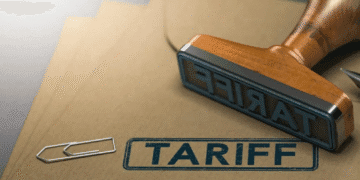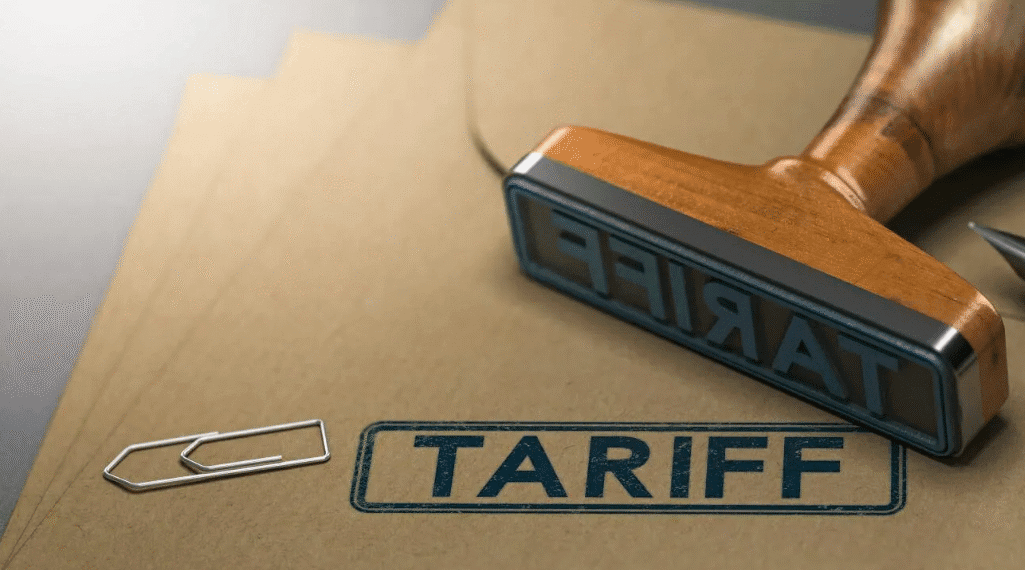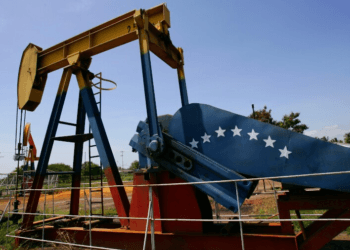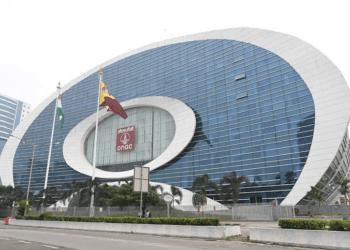Athira Sethu
Kochi, 29 May 2025
The Trump administration appealed a U.S. court ruling that halted most of its import tariffs. A panel of federal judges had previously held that President Trump didn’t have free rein to put taxes on imports entering the nation.
The court stated that Trump applied a law that was intended for crises, not trade tariffs. The International Emergency Economic Powers Act (IEEPA) is generally applied to impose sanctions or prevent trade in times of national emergency, not to impose import taxes. Yet Trump applied it to impose or suspend tariffs on imports from nations such as Canada, Mexico, and particularly China.
Judges decided this was an abuse of power. They stated the tariffs exceeded the law. Two cases precipitated this decision—a suit from 13 American states and another from small businesses, which alleged the tariffs would be detrimental to them.
The tariffs blocked were 10% to 54% and were on nations that sell more to the U.S. than they import. The critics complained that the tariffs made international trade more difficult and hurt American businesses.
The White House, soon after the decision, appealed it. The White House representative said it shouldn’t be in the hands of “unelected judges” to determine national emergencies. They also claimed trade deficits would harm the economy.
The court allowed the government 10 days to begin reversing the blocked tariffs. Yet, it is not known how long it will take. The case could even reach the U.S. Supreme Court.
The ruling is a blow for Trump’s trade policy. He had been using the threat of tariffs to threaten other nations into signing improved trade agreements with the U.S. Now, this leverage has been diluted.
Financial markets reacted favorably to the court ruling. Asian and U.S. stock markets increased. The U.S. dollar strengthened, and gold prices declined as investors were more optimistic.





















